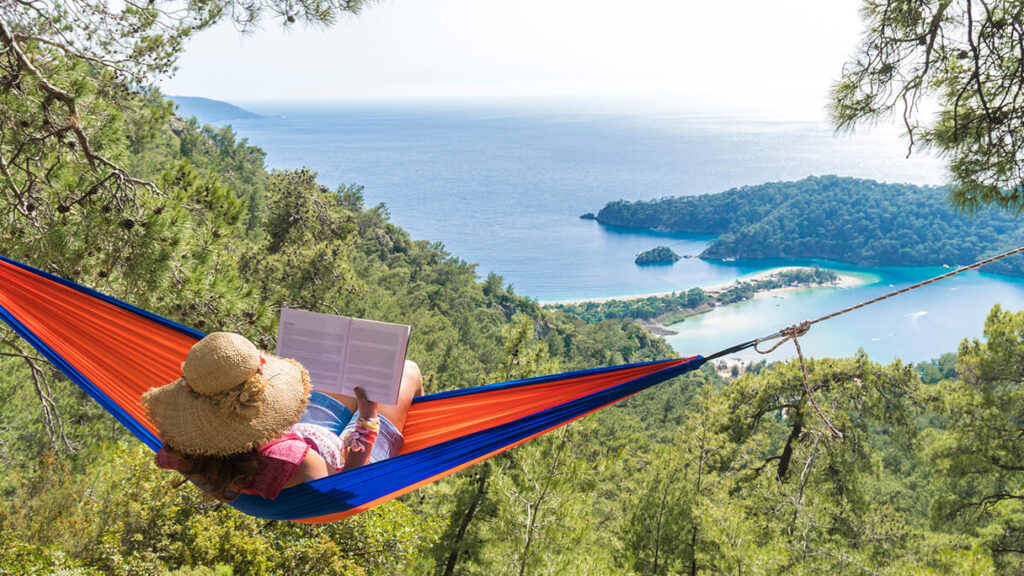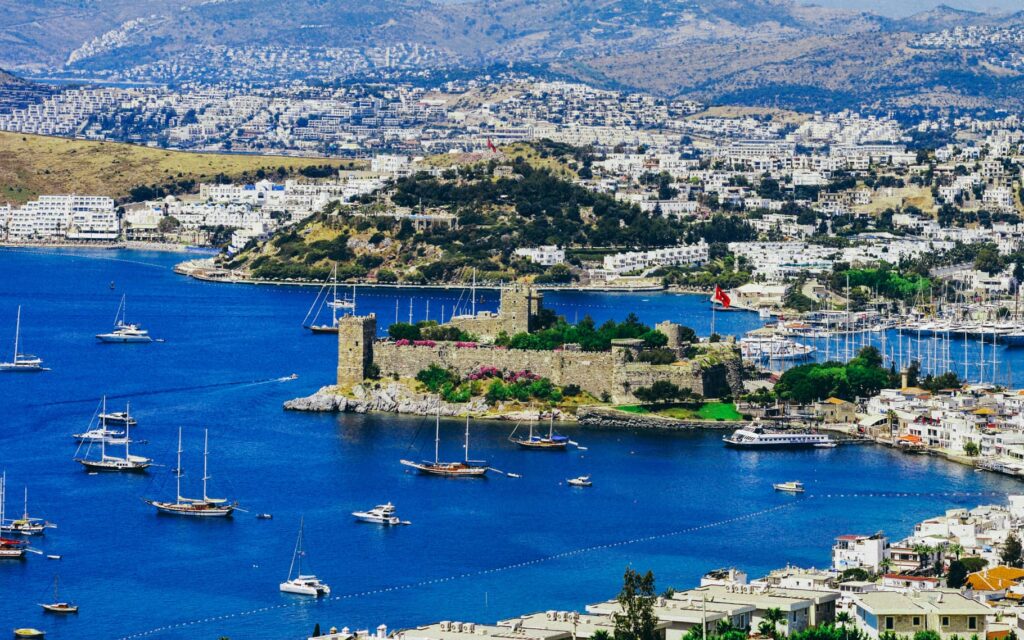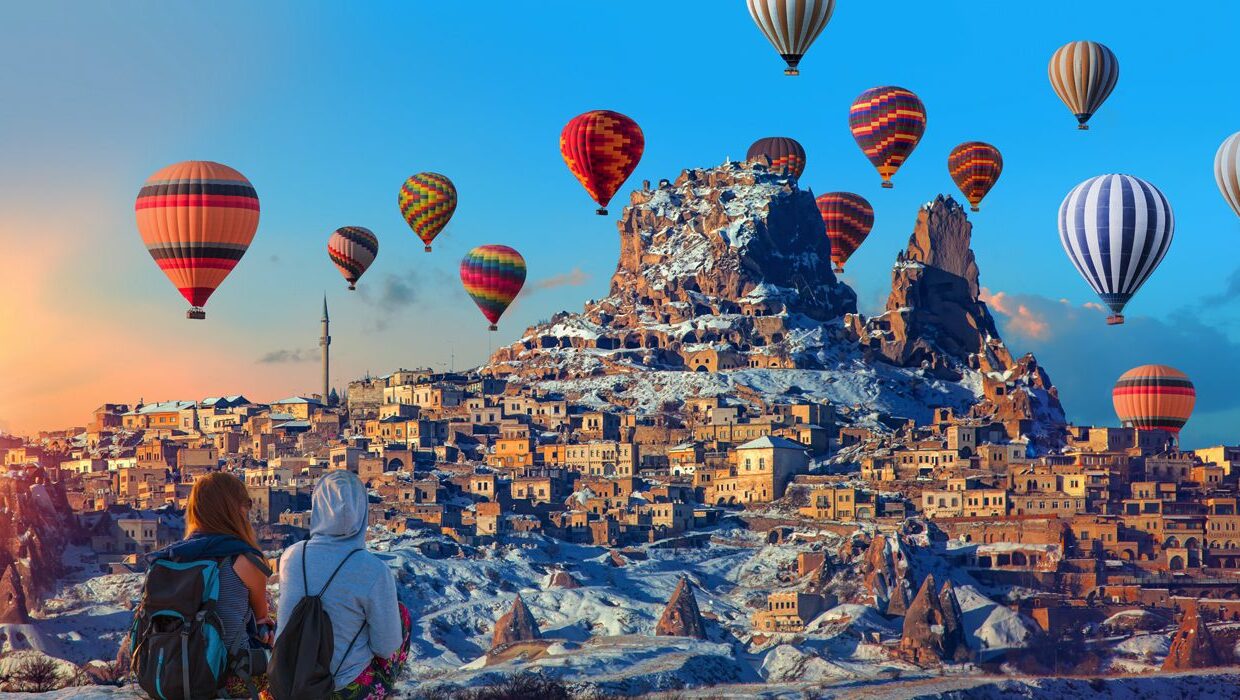Planning Your Holiday in Turkey: Top Destinations and Tips
Turkey, a country that seamlessly blends the charm of the East with the allure of the West, offers an array of breathtaking destinations and experiences for travelers. Whether you’re drawn to its rich historical sites, stunning landscapes, vibrant cities, or pristine beaches, Turkey promises a memorable holiday. This guide will help you plan your perfect holiday in Turkey by highlighting top destinations and offering essential tips to ensure a smooth and enjoyable trip.
Planning your holiday in Turkey involves selecting the right destinations, understanding local customs, and preparing for practical aspects of travel. By following these tips and exploring Turkey’s top attractions, you can ensure a memorable and enriching experience in this captivating country. Whether you’re marveling at ancient ruins, relaxing on pristine beaches, or immersing yourself in vibrant city life, Turkey offers something for every traveler.
Top Destinations in Turkiye

1. Istanbul: The City of Two Continents
Istanbul, Turkey’s largest city, straddles Europe and Asia, offering a unique blend of cultures and histories. The city’s rich past is evident in its iconic landmarks, bustling bazaars, and vibrant neighborhoods.
- Hagia Sophia: This architectural marvel has served as both a church and a mosque, and is now a museum showcasing stunning mosaics and vast domes.
- Topkapi Palace: Once the residence of Ottoman sultans, this opulent palace offers a glimpse into royal life with its ornate rooms and sprawling gardens.
- Grand Bazaar: One of the world’s largest and oldest covered markets, the Grand Bazaar is a shopper’s paradise, offering everything from spices to jewelry.
2. Cappadocia: Land of Fairy Chimneys
Cappadocia’s unique landscape, characterized by its fairy chimneys and cave dwellings, offers an otherworldly experience.
- Hot Air Balloon Rides: Soaring over Cappadocia’s surreal landscape at sunrise in a hot air balloon is a must-do experience.
- Göreme Open-Air Museum: This UNESCO World Heritage site features rock-cut churches adorned with ancient frescoes.
- Underground Cities: Explore the subterranean cities of Derinkuyu and Kaymakli, which once served as refuges for early Christians.
3. Antalya: The Turquoise Coast
Antalya, located on Turkey’s southwestern coast, is renowned for its stunning beaches, ancient ruins, and vibrant nightlife.
- Old Town (Kaleiçi): Wander through narrow streets lined with Ottoman-era houses, boutique hotels, and charming cafes.
- Antalya Museum: This museum houses an impressive collection of artifacts from Turkey’s rich history, including statues from the Roman period.
- Düden Waterfalls: A series of beautiful waterfalls that offer a refreshing escape and picturesque views.
4. Ephesus: Ancient Marvel
Ephesus, one of the best-preserved ancient cities in the world, offers a glimpse into the grandeur of the Roman Empire.
- Library of Celsus: An architectural masterpiece and one of the most photographed ruins in Ephesus.
- The Great Theatre: This massive ancient theatre, which could seat up to 25,000 spectators, is still used for performances today.
- House of the Virgin Mary: A pilgrimage site believed to be the last residence of the Virgin Mary.
5. Pamukkale: Natural Wonder
Pamukkale, meaning “Cotton Castle” in Turkish, is famous for its white travertine terraces and thermal waters.
- Thermal Pools: Soak in the warm, mineral-rich waters that have been used for therapeutic purposes for centuries.
- Hierapolis: An ancient city adjacent to Pamukkale, featuring well-preserved ruins and a magnificent theatre.
- Cleopatra’s Pool: A thermal pool where you can swim among submerged ancient columns and ruins.
Essential Tips for a Smooth Holiday in Turkiye

1. Best Time to Visit
- Spring (April to June) and Autumn (September to November) are the best times to visit Turkey, offering mild weather and fewer crowds.
- Summer (July to August) can be quite hot, especially in inland areas, but it’s ideal for coastal regions like Antalya and Bodrum.
- Winter (December to February) is the off-season, with colder weather, particularly in the interior and eastern regions, but it’s perfect for skiing in places like Uludağ.
2. Visa Requirements
- Check the visa requirements for your country before traveling to Turkey. Many nationalities can obtain an e-visa online, while others may need to apply at a Turkish consulate.
3. Currency and Payment
- The official currency is the Turkish Lira (TRY). Credit and debit cards are widely accepted, but it’s advisable to carry some cash for small purchases and in rural areas.
- ATMs are readily available in cities and towns, allowing you to withdraw Turkish Lira.
4. Language
- Turkish is the official language, but English is commonly spoken in tourist areas, hotels, and major cities. Learning a few basic Turkish phrases can enhance your travel experience and help you connect with locals.
5. Transportation
- Domestic Flights: Turkey has a well-developed domestic flight network, making it easy to travel between major cities and tourist destinations.
- Buses and Trains: Intercity buses and trains are affordable and efficient options for exploring the country. The high-speed train network connects cities like Istanbul, Ankara, and Konya.
- Local Transport: In cities, use public transportation like trams, metros, and buses. Taxis and ride-sharing services are also available.
6. Accommodation
- Turkey offers a wide range of accommodation options, from luxury hotels and boutique guesthouses to budget hostels and vacation rentals. Booking in advance is recommended, especially during peak tourist seasons.
7. Safety and Health
- Turkey is generally a safe destination for travelers. However, it’s always wise to stay informed about the local situation and follow travel advisories.
- Travel insurance is recommended to cover medical emergencies, trip cancellations, and other unforeseen events.
- Tap water is generally safe in major cities, but bottled water is recommended in rural areas.
8. Cultural Sensitivity
- Dress modestly when visiting religious sites, covering your shoulders and knees. Women may need to cover their heads when entering mosques.
- Respect local customs and traditions, particularly during Ramadan and other religious festivals.
9. Food and Dining
- Turkish cuisine is diverse and delicious, offering a wide range of dishes from kebabs and mezes to baklava and Turkish delight. Don’t miss trying traditional Turkish breakfast (kahvaltı) and regional specialties.
- Street food is safe and tasty, with popular options including simit (sesame-covered bread rings), döner kebab, and gözleme (stuffed flatbread).
10. Tipping
- Tipping is customary in Turkey, especially in restaurants, cafes, and for hotel staff. A tip of 10-15% is generally appreciated. For taxi drivers, rounding up the fare is common.


